Global financial markets are facing a new wave of uncertainty due to the recent escalation of tensions in the Middle East. Despite the potential for heightened volatility, global stocks have remained relatively steady, while oil prices have seen gains. Investors are carefully monitoring the situation and its possible impact on markets, as geopolitical events have the potential to create ripple effects across multiple asset classes.
In this blog, we will explore how the ongoing Middle East tensions are affecting global markets, particularly stocks and oil, and what traders need to be aware of in the coming days. We’ll also discuss the strategies traders can use to navigate the uncertainty and how tools like EPIQ Trading Floor can help you stay informed and make well-informed decisions.
1. Overview of Market Reactions to Middle East Tensions
The recent developments in the Middle East have had a noticeable impact on the financial markets, but the effect has been uneven across different asset classes. While oil prices have gained due to supply concerns, global stock markets have remained surprisingly steady, showing resilience in the face of rising geopolitical risks.
A. Oil Prices Surge on Supply Concerns
One of the most immediate impacts of heightened Middle East tensions has been seen in the oil market. The region is a major hub for global oil production and any disruption to supply lines can cause significant price spikes. Investors are understandably concerned about potential disruptions, leading to a surge in oil prices as they price in the risk of supply shortages.
The increase in oil prices has led to gains in energy stocks, with oil and gas companies benefiting from the higher price per barrel. However, elevated oil prices also raise concerns about their potential impact on inflation, which could, in turn, lead to tighter monetary policies by central banks.
B. Stocks Remain Steady Amid Uncertainty
While oil prices have seen an uptick, global equities have remained relatively stable. The muted response of the stock market suggests that investors are taking a cautious, wait-and-see approach, assessing the potential ramifications of the conflict. Some sectors, such as energy and defense, have experienced gains due to the heightened tensions, while others, such as consumer discretionary, have faced headwinds due to fears of rising costs and slower economic growth.
One reason for the resilience of stock markets could be the expectation that central banks, particularly the U.S. Federal Reserve, will avoid aggressive monetary tightening in light of the rising geopolitical risks. The possibility of interest rates remaining steady has provided some support for risk assets like equities.
Key Takeaway: The Middle East tensions have driven up oil prices due to supply concerns, while global stocks have remained steady, suggesting that investors are cautiously monitoring the situation and are hopeful that central banks may avoid aggressive monetary tightening.
2. Potential Implications for Financial Markets
The ongoing Middle East conflict and its impact on financial markets present both risks and opportunities for traders. Here are some of the key implications to consider:
A. Increased Volatility in Commodities
With oil prices on the rise, commodity markets are likely to experience increased volatility. Traders should pay close attention to news related to the Middle East, as any further escalation could result in sharp price swings. Higher oil prices can also affect the cost of production for various industries, potentially impacting corporate earnings and stock valuations.
B. Inflation Concerns and Central Bank Actions
Higher oil prices contribute to rising inflation, which is already a concern for many central banks. If inflation remains elevated, central banks may need to adjust their monetary policies to prevent it from spiraling out of control. Traders should keep a close eye on central bank communications, as any hints of rate hikes or tightening policies could lead to significant moves in the equity and bond markets.
C. Risk-On vs. Risk-Off Sentiment
Geopolitical tensions often lead to shifts between risk-on and risk-off sentiment among investors. Safe-haven assets, such as gold and the U.S. dollar, tend to benefit during periods of heightened uncertainty, while riskier assets, like equities and emerging market currencies, may come under pressure. Traders can take advantage of these sentiment shifts by adjusting their positions in response to the evolving situation.
Key Takeaway: The rise in oil prices could lead to increased volatility in commodity markets, contribute to inflationary pressures, and impact central bank decisions. Traders should be prepared for shifts in market sentiment as geopolitical events unfold.
3. Strategies for Navigating Market Uncertainty
In times of geopolitical uncertainty and market volatility, it is essential for traders to have a well-defined strategy to manage risk and take advantage of potential opportunities. Here are some strategies to consider:
A. Diversify Your Portfolio
Diversification is crucial for managing risk, especially in uncertain times. By spreading your investments across different asset classes, such as equities, commodities, and safe-haven assets, you can reduce the impact of adverse movements in any one market. Diversifying geographically can also help mitigate the risks associated with region-specific geopolitical events.
B. Monitor Key Levels with Technical Analysis
Using technical analysis can help you identify key support and resistance levels in the assets you’re trading. For example, in the current market environment, identifying key levels for oil, gold, and major stock indices can help you determine when to enter or exit trades. Keep an eye on volume, trend lines, and indicators such as moving averages to make informed decisions.
C. Consider Hedging Strategies
Hedging is an effective strategy to protect your portfolio from potential downside risks. Traders can use options contracts to hedge their positions in stocks or commodities, minimizing the impact of sharp price movements. In a volatile market, hedging can provide peace of mind by reducing the potential for significant losses.
D. Stay Informed and Use Real-Time Insights
Keeping up with the latest news and developments is crucial when navigating markets affected by geopolitical tensions. Use reliable sources to stay updated, and consider leveraging platforms like EPIQ Trading Floor, which provides real-time trading signals, market analysis, and expert insights to help you make informed decisions in a fast-moving market.
Key Takeaway: Diversify your portfolio, use technical analysis to identify key levels, consider hedging strategies, and stay informed about the latest developments to navigate market uncertainty effectively.
4. The Role of EPIQ Trading Floor in Uncertain Markets
Managing risk and finding opportunities during times of heightened geopolitical tension requires access to real-time data, expert analysis, and a supportive community. EPIQ Trading Floor offers everything traders need to navigate uncertain markets, including:
- Real-time trading signals to help you stay ahead of market movements.
- Expert analysis on commodities, stocks, and safe-haven assets.
- A community of traders who share insights and strategies to help you make informed decisions.
Whether you are trading oil, gold, or equities, EPIQ Trading Floor can provide you with the tools and knowledge you need to navigate market uncertainty.
Start your 3-day free trial today! Join EPIQ Trading Floor and gain access to exclusive trading strategies, market data, and expert analysis to help you succeed in volatile market conditions.
Disclaimer
The information provided in this blog is for educational purposes only and does not constitute financial advice. Always conduct your own research before making any investment decisions.

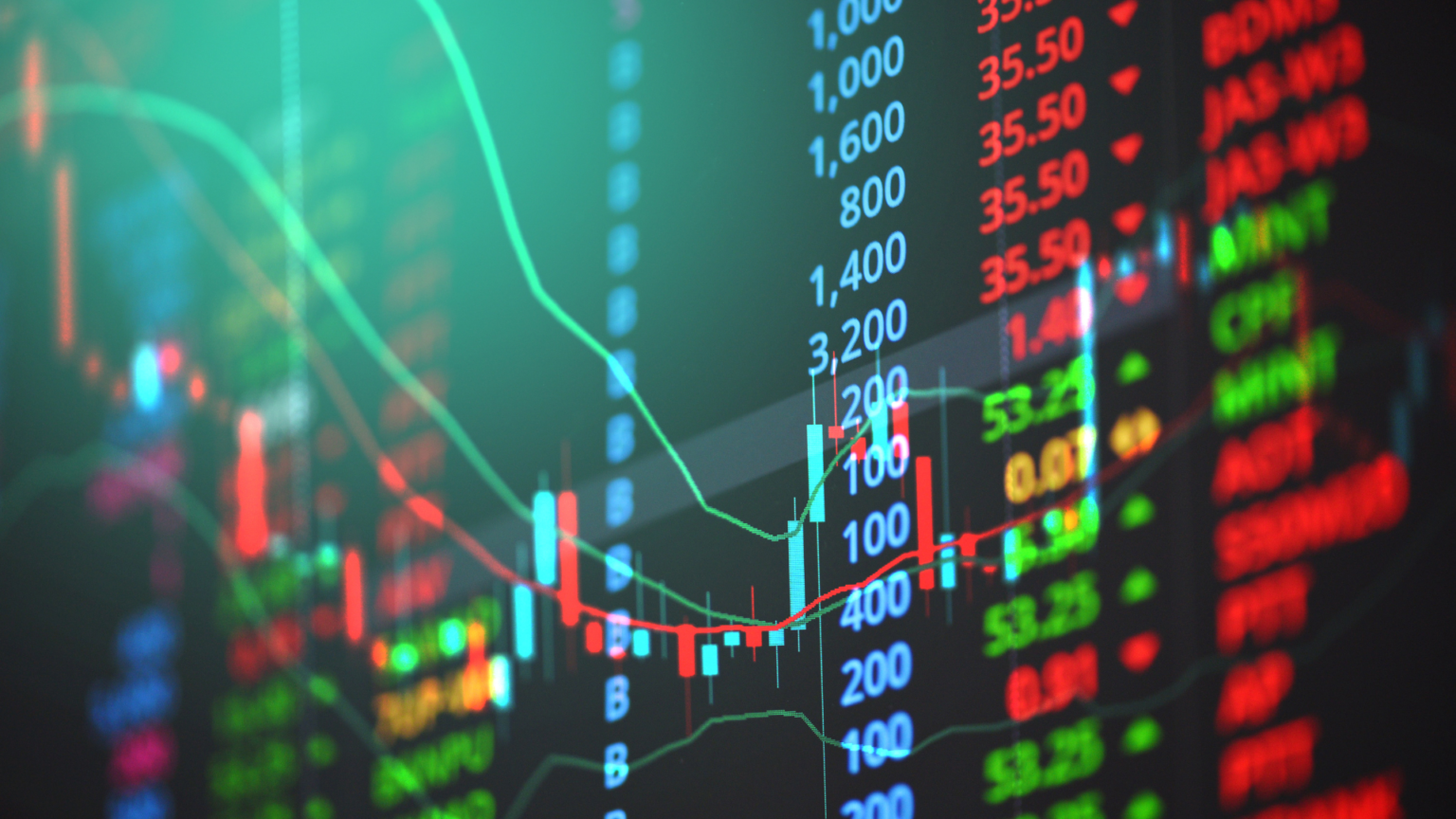
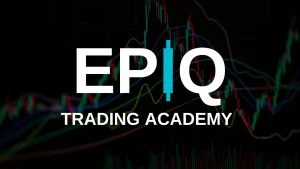

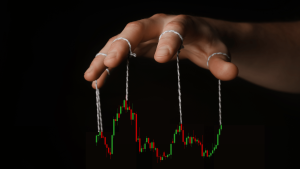
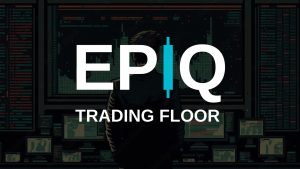

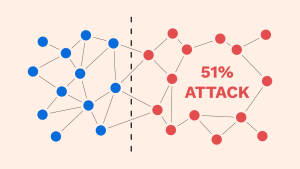
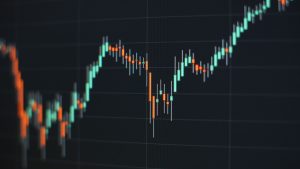
Responses